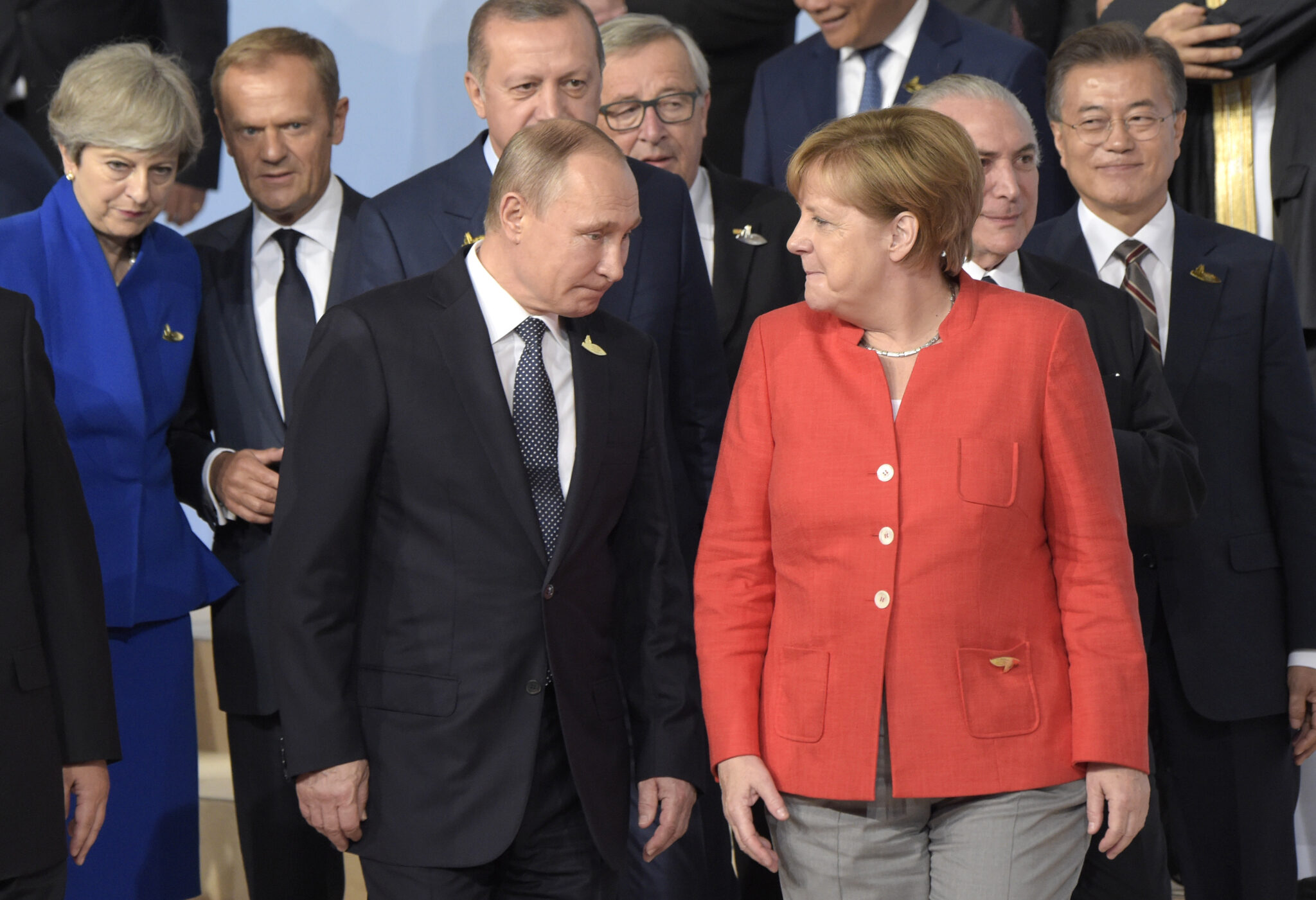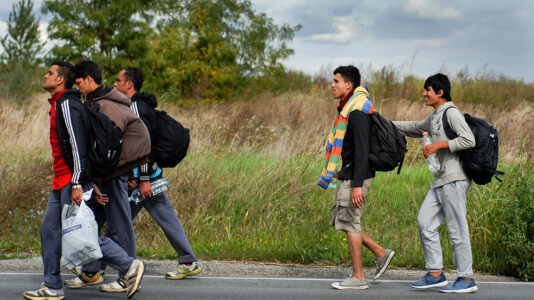Władysław Teofil Bartoszewski, secretary of state at the Polish Ministry of Foreign Affairs, recently claimed on Polsat News TV that “the rise of populist, nationalist, and anti-EU parties in Europe is a development that benefits Vladimir Putin, as it leads to greater chaos.”
This statement illustrates not only the rigid mindset of mainstream political elites but also their frequent reliance on illogical and factually inconsistent arguments, particularly when considering the electoral outcomes in France. There, despite initial strong performances, the ultimate results may not favor the National Rally as much as the elite fear.
Firstly, the argument that Putin benefits from and potentially orchestrates European disarray is not only often unfounded but also tiresome. Believing it influences anyone outside the hardline supporters of either the government or the opposition is a gross miscalculation.
Similarly, the ease with which terms like populism and nationalism are wielded by Bartoszewski and his ilk in the media does a disservice to political discourse. The Green Deal, for instance, is a prime example of today’s populism: It is framed as a solution to a “dying planet” in crisis yet involves enormous costs and offers politically motivated, ineffective solutions.
The notion of nationalism is equally misused. If events like Poland’s patriotic Independence March are branded as “nationalist” in such a derogatory manner, it points to a troubling inflexibility in the application of such terms.
Moreover, the chaos in Europe that supposedly aids Putin’s agenda is inaccurately attributed to the right and the populists. The migration crisis, both past and present, has undeniably contributed to societal unrest and rising crime rates, exacerbating tensions across countries. Yet, it was not the “far right,” but rather mainstream policies, notably Angela Merkel’s open borders approach, that initiated these challenges.
Thus, if one were to seriously consider who has been enabling Putin’s alleged dream of destabilizing Europe, it wouldn’t be the far-right parties who have never truly governed France but rather the centrist and leftist factions pushing the populist Green Deal agenda, inadvertently fueling right-wing sentiment and societal tension.
Lastly, what does Bartoszewski truly desire? It seems democracy is only acceptable when it aligns with specific outcomes; otherwise, it is suddenly overrated. His statements reflect a profound lack of reflection on the root causes of current conditions. It resembles the petulant stamping of a toddler, unable to understand why he has to settle for a toy car for Christmas instead of a real one.
Ultimately, Bartoszewski’s remarks are more about assembling prefabricated soundbites to fit the narrative of his political camp rather than offering any substantive analysis. Such statements, even if articulated with a wise demeanor during television appearances, hold no real merit. However, this does not mean we should ignore these ready-made statements; on the contrary, we must scrutinize their absurdity and the deep hypocrisy they often reveal.






